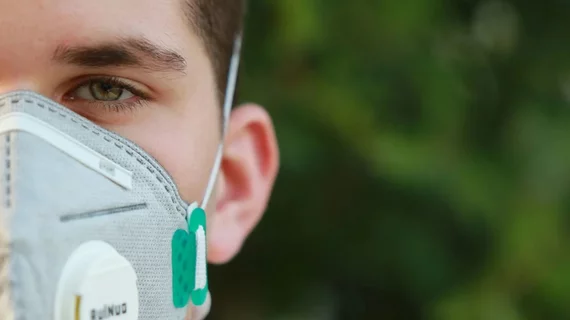40% of providers plan to keep COVID-19 protocols in place post-pandemic
An overwhelming majority of medical professionals indicated safety standards improved at their organization during COVID-19 and at least 40% of those changes are likely to become permanent, new survey data suggests.
The findings come from Inteleos, a non-profit certification group dedicated to health standards and patient safety. The Rockville, Maryland, organization queried more than 500 healthcare providers for their findings, shared Tuesday.
Overall, 63% indicated that COVID led to new practice efficiencies, including patient pre-registrations and telehealth visits, among other habits.
About 60% actually put those changes into action and 40% plan to keep them in place long after the health crisis is over.
“It has been an incredibly challenging year-and-a-half for everyone in the healthcare profession,” said chair of the Inteleos board Heather Richoux. “We were pleased to see that many medical professionals were able to quickly adopt and adjust to new and existing processes and procedures and will now keep them in place to increase patient safety and efficiency.”
Diving further into the responses, the company found about 71% believe safety standards increased while another 59% said the same for care standards overall.
Healthcare institutions around the world were forced to cancel screening exams and other non-emergent care during the height of COVID-19, with three-quarters of practices surveyed at least 75% back to pre-pandemic levels. But given that 25% continue to struggle, the crisis is not yet over, the researchers noted.
Inteleos boasts a community of more than 158,000 medical pros and governs multiple organizations, including the American Registry for Diagnostic Medical Sonography and the Alliance for Physician Certification & Advancement, among others.

